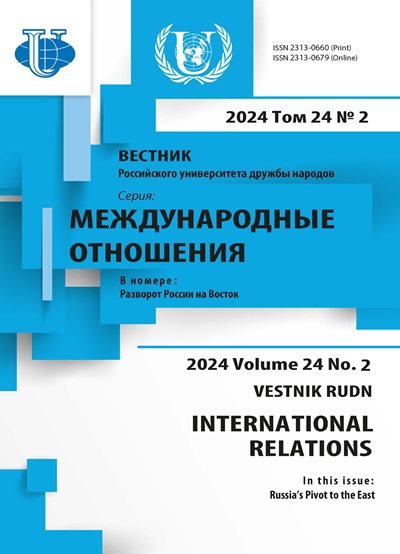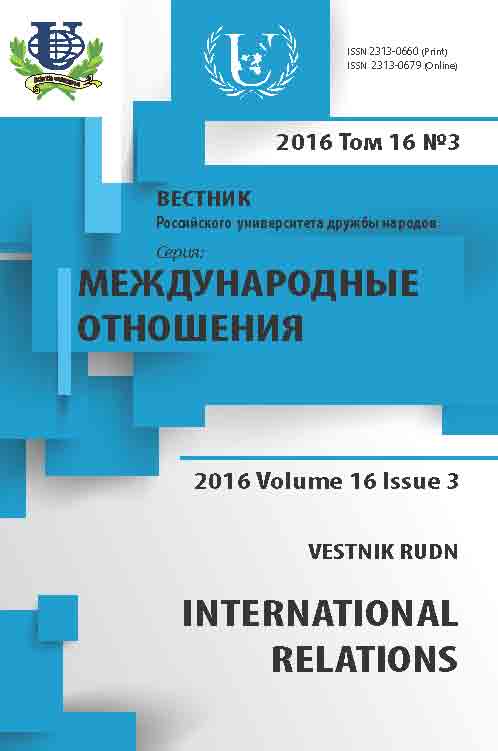Новая идеологическая борьба?
- Авторы: Караганов С.А.1
-
Учреждения:
- Национальный исследовательский университет - Высшая школа экономики
- Выпуск: Том 16, № 3 (2016): Международные конфликты: Quo Vadis?
- Страницы: 405-411
- Раздел: Статьи
- URL: https://journals.rudn.ru/international-relations/article/view/14759
Цитировать
Полный текст
Аннотация
Вместо предсказываемого 15-25 лет тому назад конца идеологий и их соревнования, окончательной победы западного либерализма и демократии мир скользит к новой идеологической борьбе. Среди причин - падение привлекательности Запада. Демократия и ренационализация международных отношений выводит на передний план новых лидеров. А они, как правило, придерживаются традиционных и националистических ценностей. Новые европейские ценности не прижились в России не только потому что россияне стремились к традициям, от которых они были отрезаны семьюдесятью годами коммунистического эксперимента, но и потому что западная идейная экспансия сопровождалась нео-Веймарской геополитикой, вызвавшей жесткое отторжение. Интенсивность новой идеологической борьбы подстегивается тем, что модернизация теснит старые ценности, образуется вакуум, за заполнение которого развертывается соревнование. Автор приходит к выводу, что взаимное недовольство России и Европы достаточно сильно в настоящее время, однако необходимо стремиться к добрососедским отношениям, принимая во внимание тот факт, что мы разные. Но прежде следует приложить немало усилий, чтобы избежать новой системной военно-политической конфронтации, в которой заинтересованы многие силы.
Ключевые слова
Об авторах
Сергей Александрович Караганов
Национальный исследовательский университет - Высшая школа экономики
Автор, ответственный за переписку.
Email: tt@ye.ru
Москва, Россия
Список литературы
- Clochard, O. (2013). Atlas of Migration in Europe: a critical geography of migration policies. New Internationalist
- Fukuyama, F. (1992). The End of History and the Last Man. New York: Macmillan
- Karaganov, S. (2015). Europe: A Defeat at the Hands of Victory. Russia in Global Affairs, 1
- Lukin, A. (2016). The Emerging International Ideocracy and Russia’s Quest for Normal Politics. Strategic Analysis, 40 (4)
- Lukin, A.V. (2014). Kuda vedet progress [Where Progress is]. Rossiia v globalinoi politike, 5
- O’Brian, P. (2016). The Muslim Question in Europe: Political Controversies and Public Philosophies. Temple University Press
- Sergunin, A., Karabeshkin, L. (2015). Understanding Russia’s Soft Power Strategy. Political Studies Association, 35 (3-4), pp. 347-363











